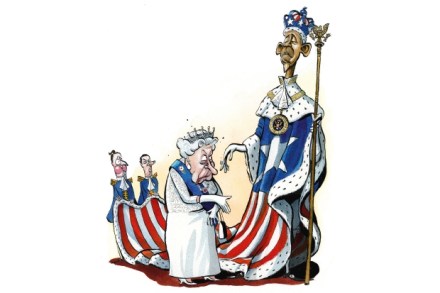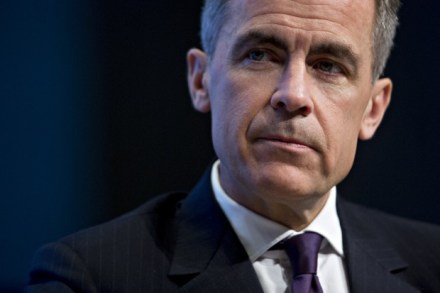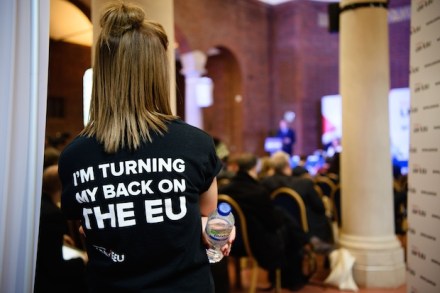The Spectator podcast: Obama’s Brexit overreach
To subscribe to The Spectator’s weekly podcast, for free, visit the iTunes store or click here for our RSS feed. Alternatively, you can follow us on SoundCloud. Is Barack Obama’s intervention in the Brexit debate a welcome one or should he keep his nose out of our business? Tim Montgomerie says in his Spectator cover piece that such overreach is typical of the US President’s arrogance. But Anne Applebaum disagrees and says that Obama speaks on behalf of many Americans when he calls on Britain to stay engaged in European politics. So should we listen to Obama? Joining Isabel Hardman to discuss is Spectator deputy editor Freddy Gray and the





















